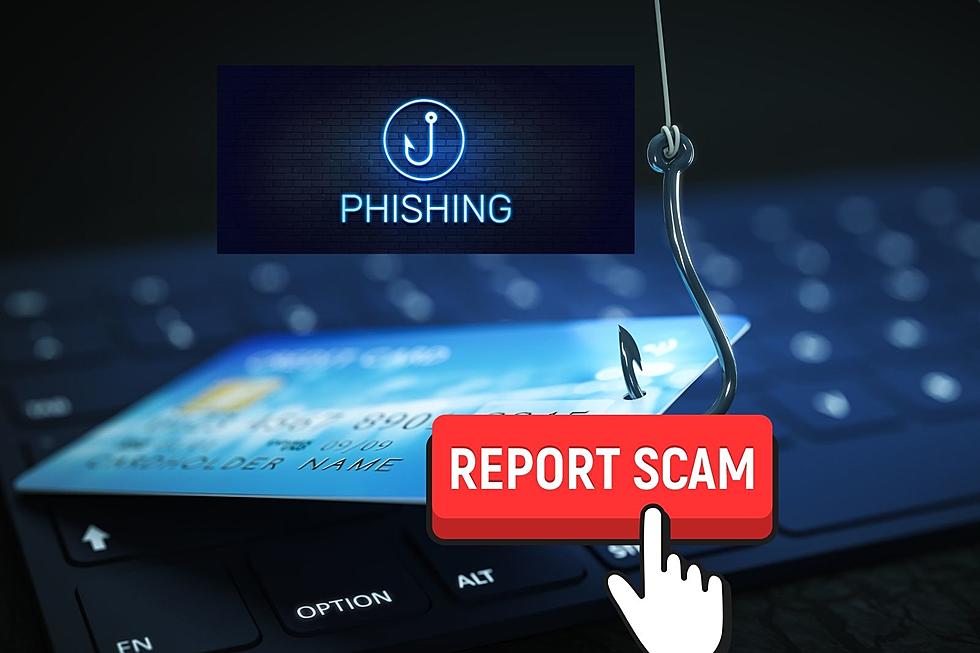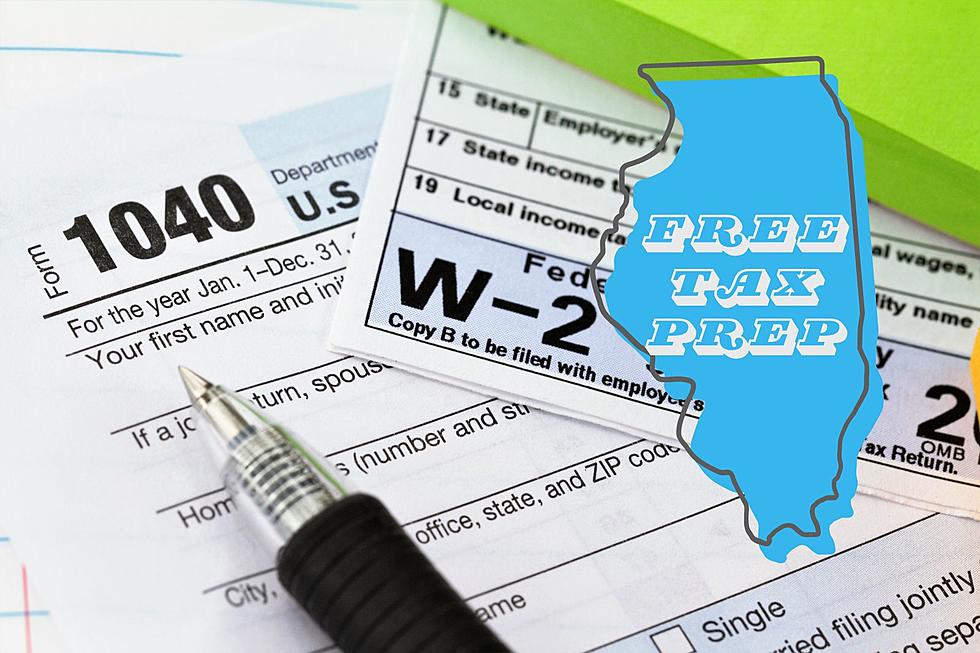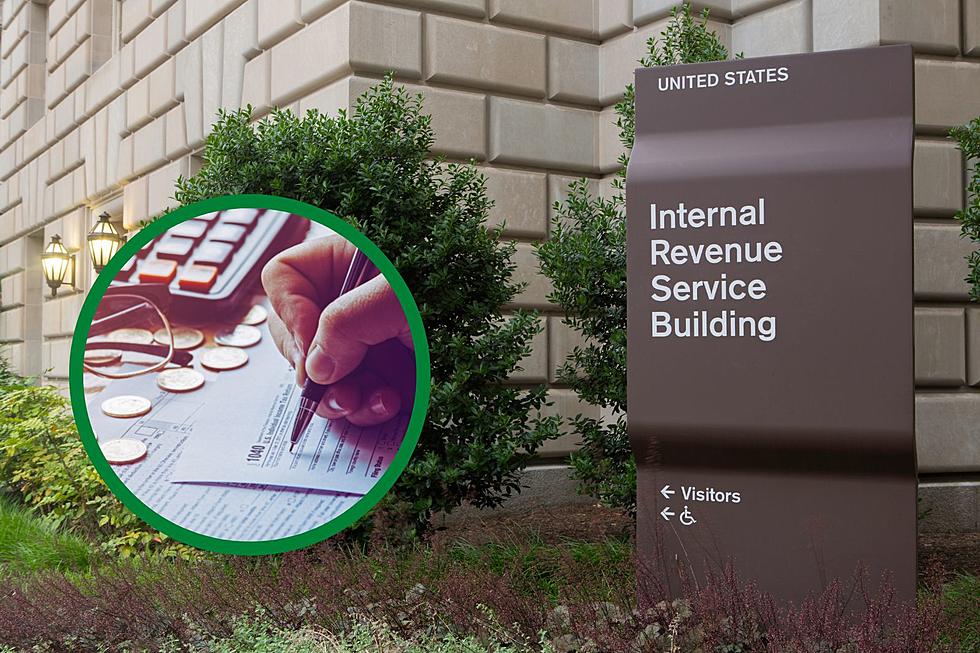
Scam Alert – If You Received an Email about an IRS Refund Don’t Respond
So many businesses and families have relied on the extra tax incentives during the pandemic, so it's sad that scammers are trying to take advantage of this situation. When you receive an email from the IRS, you automatically think that it is from the Internal Revenue Service, but that probably is not the case.
Internet scammers are getting very creative in their efforts to steal our information. Thankfully, our company requires us to go through training to spot scamming trends. one very popular email scam is called phishing.
What is Phishing?
There are several tricky technics that can be classified as phishing, but the general definition is:
A technique for attempting to acquire sensitive data, such as bank account numbers, through a fraudulent solicitation in email or on a web site, in which the perpetrator masquerades as a legitimate business or reputable person.
What does a phishing email look like?
We get a ton of emails everyday and most of them are specials from our favorite stores. I received one this week that was allegedly from IRS.gov. It seemed pretty important, so I opened it.
Phishing Email
Can you spot the phishing technique?
This scammer is trying to get me to click through and then fill out personal information. I did some digging because there were some things that just didn't seem right.
- I don't own a business
- A quick search revealed the phone numbers do not match
Real IRS Contact Numbers:
Individuals 800-829-1040 Businesses 800-829-4933
The REAL Return Address
I did not click the link, but I did click on the return address to verify where it came from. As you can see, this actually came from developer@eventon.ro, not the IRS.

The IRS doesn't initiate contact with taxpayers by email, text messages or social media channels to request personal or financial information.
How to Report Phishing to the IRS
Odd Kentucky Laws You Probably Didn't Know Were Still on the Books
LOOK: What major laws were passed the year you were born?
One of a Kind Victorian Home in Evansville's Haynie's Corner
More From WKDQ-FM









